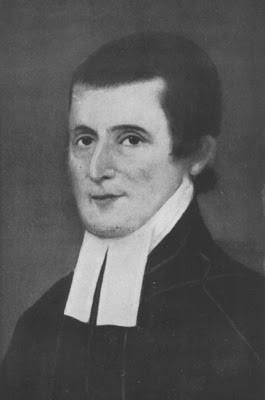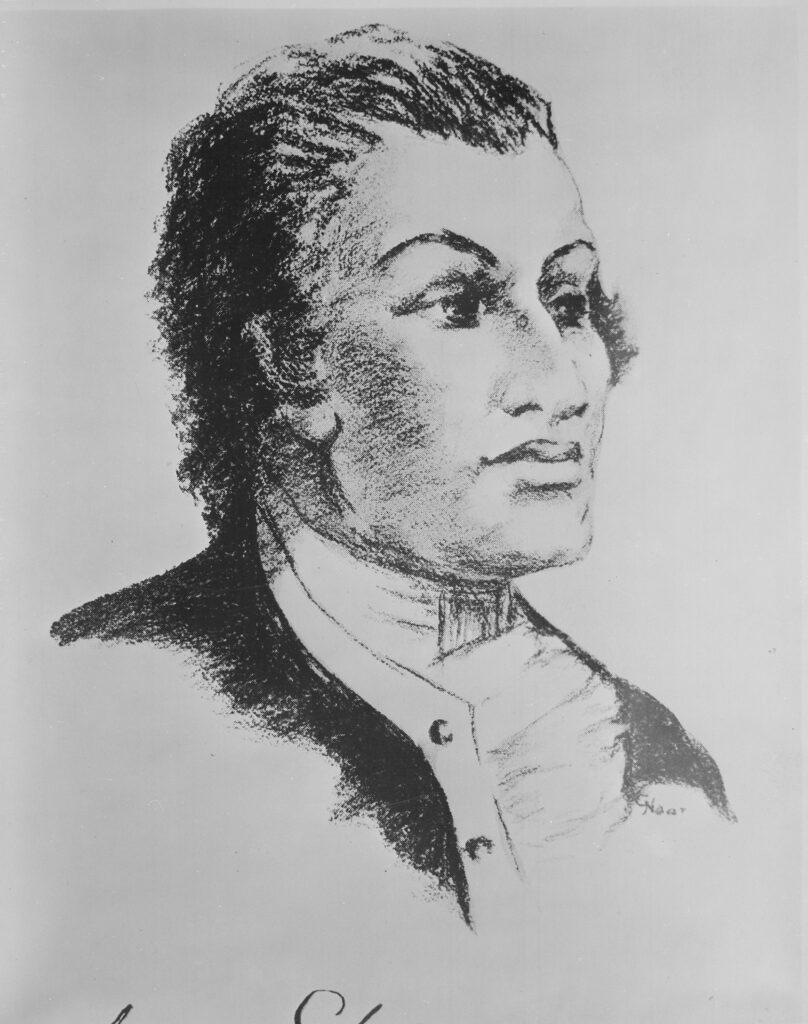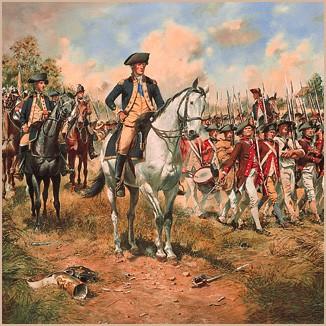Introduction
The American Revolutionary War witnessed the remarkable involvement of Sephardic Jews, descendants of Jews expelled from the Iberian Peninsula during the Spanish Inquisition. These Jews formed vibrant communities in American colonies such as Charleston, Savannah, Newport, and Philadelphia, bringing with them a rich cultural heritage. Their contributions to the fight for independence are often overlooked, but they played a pivotal role in shaping the outcome of the Revolution, underscoring their unwavering dedication to the cause of American independence.
Notable Sephardic Individuals Involved in the American Revolutionary War
| Name | Birth-Death | Contributions |
|---|---|---|
| Francis Salvador | 1747-1776 | Fought as a Patriot, elected to the Provincial Congress |
| Isaac Da Costa | 1742-1799 | Captain in the Continental Army, participated in the Siege of Savannah and the Battle of Monmouth |
| Haym Salomon | 1740-1785 | Provided financial support to the Continental Army, played a crucial role in raising funds for the Revolution |
| Benjamin Nones | 1740-1778 | Lieutenant Colonel in the Continental Army, fought in the Battle of Saratoga, taken as a prisoner of war |
| Jacob De La Motta | Unknown | Fought as a Patriot in the South Carolina militia |
| Moses Seixas | 1744-1809 | Corresponded with President George Washington |
| David Franks | 1720-1794 | Provided financial assistance, served as an aide-de-camp |
| Jonas Phillips | 1736-1803 | Supported the Revolution through supplies and as a delegate |
| Levy Andrew Levy | 1757-1833 | Served in the Continental Army, fought in battles |
| Moses Myers | 1752-1835 | Supported the colonial cause through financial assistance |
| Benjamin Levy | 1747-1810 | Fought as a captain in the Georgia Militia |
| Solomon Bush | 1745-1803 | Fought as a soldier in the Pennsylvania militia |
| Aaron Levy | 1742-1815 | Provided supplies and financial support to the Continental Army |
Sephardic Jews’ Commitment to Revolution

Sephardic Jews demonstrated a deep commitment to the Revolutionary cause. Francis Salvador, a Sephardic Jew from South Carolina, fought as a Patriot and was elected to the Provincial Congress. His devotion to the Revolution exemplified the determination of Sephardic Jews to secure freedom and equality.
Financial Support and Material Contributions

Sephardic Jews made significant financial contributions to the Revolution. Haym Salomon, a Sephardic Jew of Polish descent, emerged as a prominent financier. Salomon utilized his extensive network to secure loans and raise funds for the Continental Army. His tireless efforts and financial contributions significantly bolstered the Revolution. Another notable figure, Aaron Lopez from Philadelphia, provided essential supplies and provisions to the Continental Army through his merchant ventures. Lopez’s contributions played a vital role in sustaining the troops and ensuring they were adequately equipped to face the British forces.
Valor on the Battlefield
Sephardic Jews displayed exceptional valor on the battlefield. Isaac Da Costa, a Sephardic Jew from New York, served as a captain in the Continental Army. He participated in key engagements such as the Siege of Savannah and the Battle of Monmouth, demonstrating courage and leadership in the face of adversity. Benjamin Nones, another Sephardic Jew from New York, held the rank of lieutenant colonel. He fought in the Battle of Saratoga, a turning point in the war, before being taken as a prisoner of war. These individuals, along with countless others, put their lives on the line, illustrating their commitment to the cause of American independence.
Diplomacy and Advocacy

Sephardic Jews also engaged in diplomacy and advocacy during the Revolutionary War. Moses Seixas, a Sephardic Jew from Newport, Rhode Island, played a significant role in diplomacy. As the warden of the Touro Synagogue, Seixas corresponded with President George Washington, expressing gratitude for the new nation’s commitment to religious freedom. His correspondence with Washington showcased the desire of Sephardic Jews for a society that embraced religious tolerance and equality.
Legacy and Lasting Impact
The contributions of Sephardic Jews during the American Revolutionary War had a lasting impact. Their bravery, resilience, and unwavering commitment to the cause of American independence helped shape the nation. Sephardic Jews demonstrated that the fight for freedom and equality was a shared struggle, transcending religious and cultural backgrounds. Their legacy serves as a reminder of the diverse and collective effort that shaped the American Revolution and laid the foundation for the principles of freedom, equality, and religious tolerance upon which the nation was built.
Conclusion
Sephardic Jews made significant contributions to the American Revolutionary War. Their commitment, financial support, military valor, and diplomatic efforts played a crucial role in securing American independence. The heroic actions of these individuals serve as a testament to the diversity and unity that defined the Revolutionary cause, reminding us of the rich tapestry of contributions that formed the foundation of the United States of America.








Ohr HaChaim Yomi – Emor